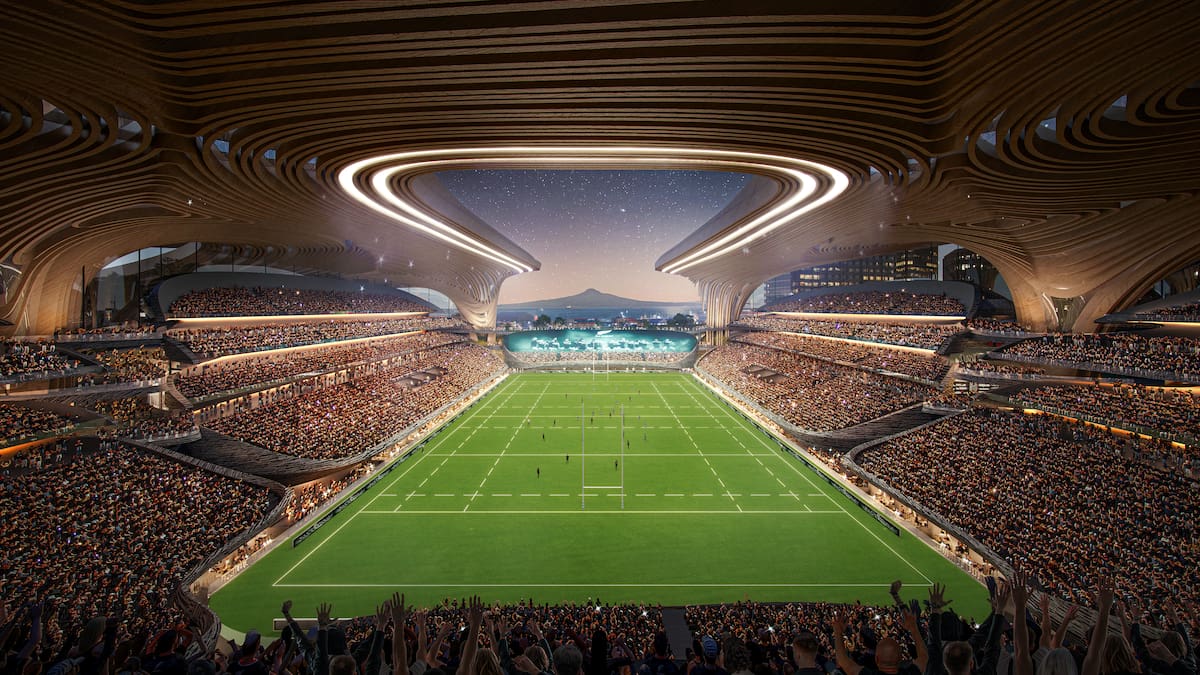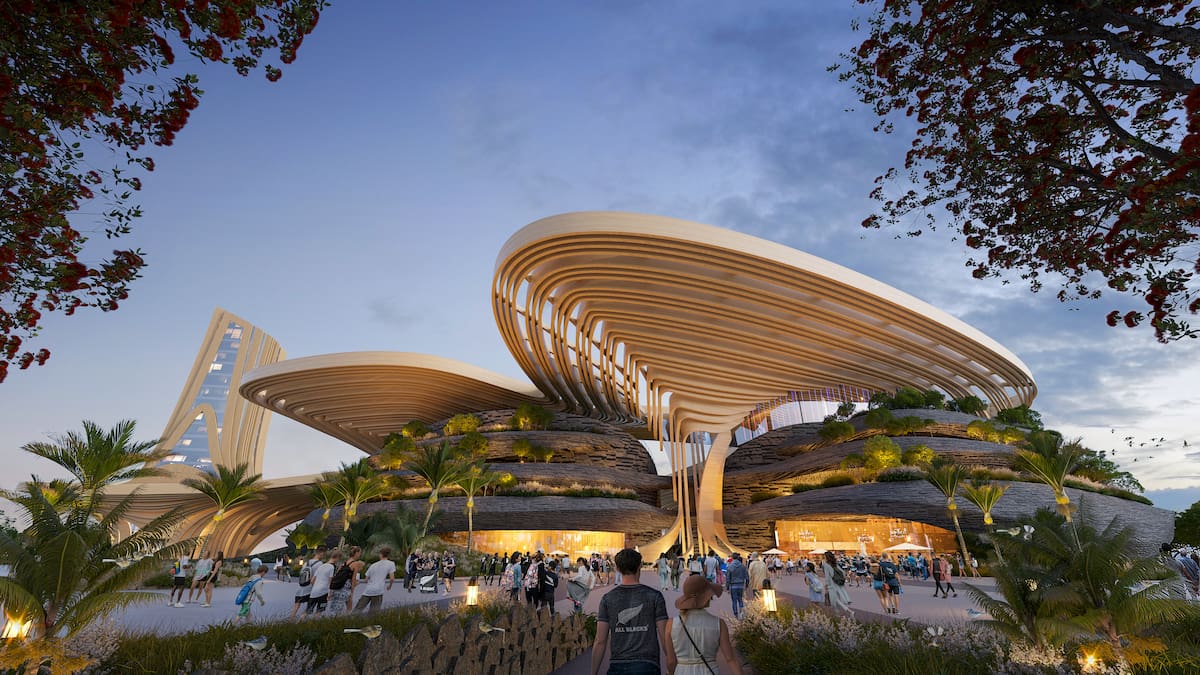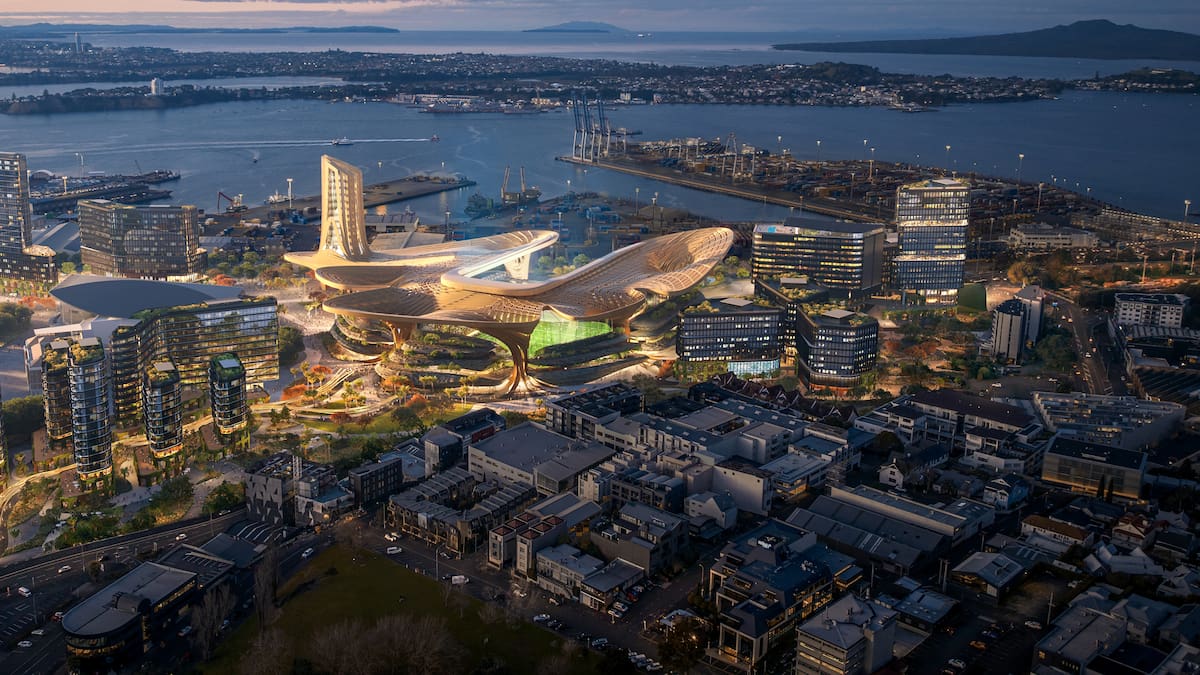Yes please. It's like having the Warriors run by the ARL or a private consortium. I'll take the private consortium thanks, particularly if it's a good one. If we get a new, world class stadium at very little cost to the ratepayers, get to recoup some or all the money sunk in to Eden Park, redevelop the waterfront further and break up the old boys network then I'm easily on the side of yes. Lot of ifs there though .I get the feeling too many people are captivated by the pretty pictures of Quay Park without really thinking things through. At the moment, our National Stadium is privately owned by Auckland Cricket and the ARU. Do we really want to go down the same path by having a Stadium owned by a private consortium?
Last edited:



